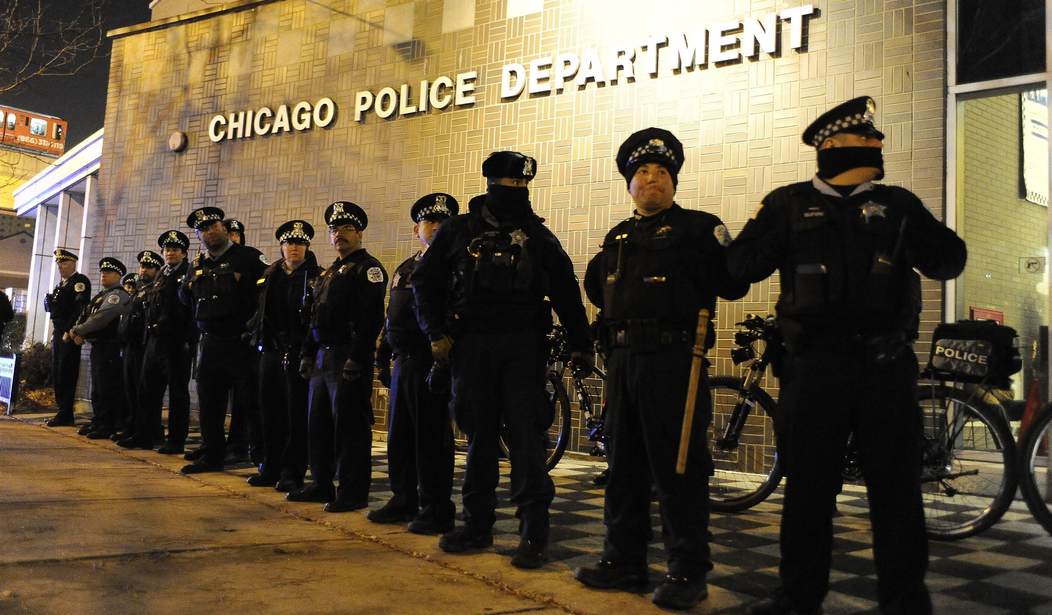The city of Chicago saw a 55 percent spike in homicides in 2020 — the second bloodiest year in nearly two decades. Only the 784 homicides in 2016 topped it. The 55 percent increase in murders over 2019 came as activists pressed to defund and disarm the police force, reduce the number of officers on patrol, and reform bail laws to put more criminals on the street.
Mayor Lori Lightfoot blames the pandemic for the spike in violence. But the feeling among Chicago citizens is that the police have lost control of the streets and criminals run free.
Indeed, the police cleared just 2 percent of major crimes.
None of these numbers come as a surprise, as the year unfolded with news reports about violence that often included the word “deadliest,” such as after Memorial Day weekend, the deadliest in five years. Then a few days later, May 31, ended with more homicides — 18 — than in any single day in memory.
Chicago was not alone. During that weekend in particular, which came after the death of George Floyd after being forcibly detained by Minneapolis police, cities across the United States witnessed spasms of violence.
The year ended in Detroit, Washington, D.C., New York, Milwaukee and other cities with more killings than the year before. The same held true in smaller cities, including Grand Rapids, Michigan, and Rockford, Illinois. Chicago, the nation’s third-largest city, saw hundreds more homicides than either New York or Los Angeles.
Activists blame the police and inadequate enforcement of gun laws, as well as not enough “investment” in poor communities.
Carrying Chicago flags with bullet holes, dozens of people came together on Michigan Avenue to remember the lives lost to gun violence in 2020 and to hold local leaders accountable.
“Unfortunately, while we have been working on COVID-19, we have ignored the virus of violence in the city of Chicago, and violence continues to rise,” said Father Michael Pfleger of St. Sabina Church.
Violence is not a “virus” and comparing the atmosphere of lawlessness and lax police enforcement to disease is ludicrously misleading. In Chicago, you can get away with murder — few cases are ever solved. The lack of respect for law enforcement has led to paralysis by police, who don’t find risking their lives on a daily basis for people who hate them very appealing. There are fewer arrests for misdemeanors, fewer patrols in high-crime neighborhoods, and fewer officers. Is it any wonder some criminals feel empowered?
Many of the shootings in Chicago are gang-related and not solving them gives the gangs a sense of invulnerability. It’s not just the leadership of the Chicago Police Department. It’s also the political leadership whose timidity in the face of the barbarians and lack of support for those risking their lives discourages and disheartens the rank and file.
It’s not a simple problem. But perhaps raising up leaders with the courage and vision to identify the problem would be a good start.
New York’s Murder Rate Is Up. Way Up.










Join the conversation as a VIP Member